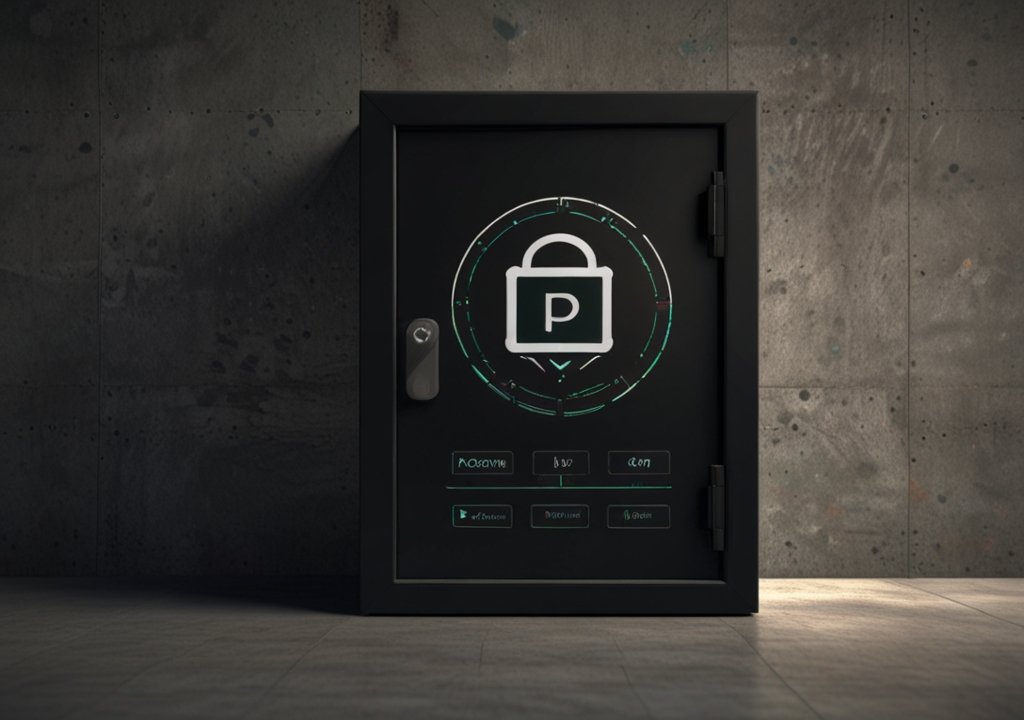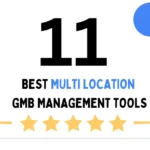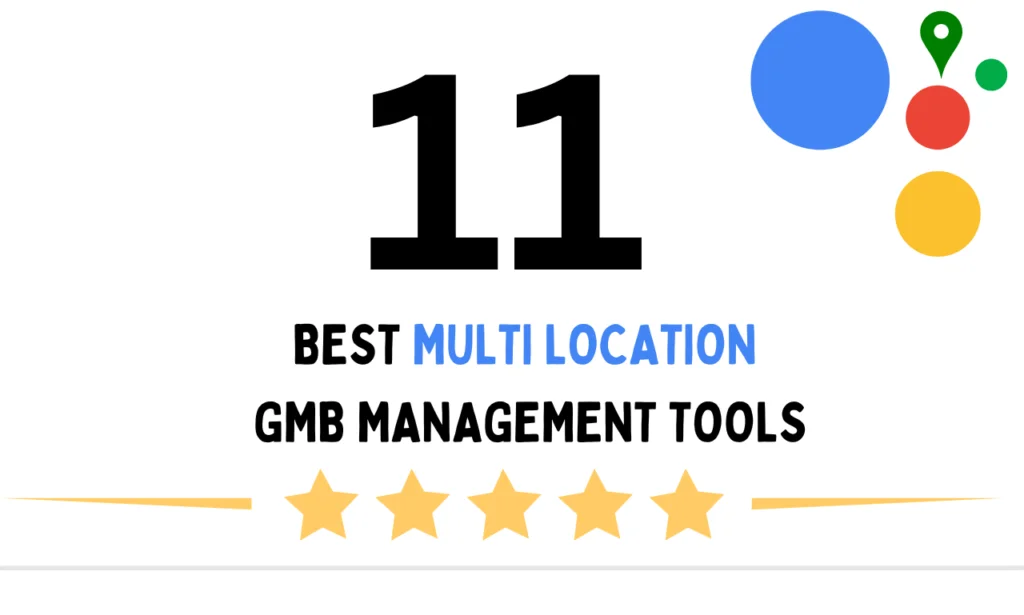Imagine a vault that exists everywhere and nowhere at the same time. A place where your files, passwords, and crypto keys hide in plain sight—yet remain utterly invisible to prying eyes. Sounds like something from a spy thriller? Welcome to Anon Vault, the storage solution that’s rewriting the rules of digital privacy.
Forget bulky safes or cloud services that quietly scan your photos. Anon Vault is like a digital witness protection program: no names, no traces, and no backdoors. Whether you’re a journalist shielding sources, a business guarding trade secrets, or just someone who values discretion, this is where your data becomes a ghost. Let’s crack open its secrets.
Why Your Cloud Storage Isn’t as Private as You Think
You’ve probably heard “end-to-end encryption” tossed around like confetti. But here’s the unsettling truth: most platforms still hold metadata (who you are, when you logged in, what you uploaded). It’s like sealing a letter but leaving your address stamped on the envelope.
Anon Vault flips this script. By blending zero-knowledge architecture (they literally know nothing about you) with blockchain-powered decentralization, it ensures your data isn’t just encrypted—it’s untraceable.
How Anon Vault Turns Digital Privacy on Its Head
1. End-to-End Encryption: Your Data’s Invisible Shield
Think of this as a conversation in a soundproof room. Even if hackers intercept your files, they’ll see gibberish. Unlike services like Google Drive or Dropbox, Anon Vault encrypts data before it leaves your device. The encryption keys? Stored only with you.
2. Decentralized Storage: No Single Point of Failure
Instead of one hackable server, Anon Vault shreds your data into pieces and scatters them across a global network of nodes. It’s like hiding a treasure map where each fragment is buried on a different continent. Even if 3 nodes collapse, your data survives.
3. Zero-Knowledge Architecture: Even Anon Vault Can’t Spy on You
Zero-knowledge means they don’t know you exist. No email, no phone number—just a cryptographic key. It’s the digital equivalent of a Swiss bank account, minus the paperwork.
Who Needs Anon Vault? Spoiler: Probably You
| Use Case | Traditional Storage Risks | Anon Vault’s Fix |
|---|---|---|
| Journalists | Metadata leaks exposing sources | Total anonymity |
| Crypto Traders | Exchange hacks draining wallets | Offline key storage |
| Businesses | GDPR fines for data breaches | Lawsuit-proof decentralization |
| Everyday Users | Cloud providers scanning photos | Zero-knowledge encryption |
Anon Vault vs. Traditional Cloud Storage: A Head-to-Head Showdown

| Feature | Anon Vault | Traditional Cloud (e.g., Google Drive) |
|---|---|---|
| Encryption | End-to-end, user-held keys | Server-side, provider-held keys |
| Anonymity | No personal info required | Email/phone verification |
| Storage Method | Decentralized nodes | Centralized servers |
| Data Recovery | Impossible without private key | Password reset via email |
| Cost | $$ (Premium security) | $ (Subsidized by data mining) |
Note: Anon Vault’s decentralized model means slightly higher costs—but would you haggle over the price of a bulletproof vest?
Fortifying Your Vault: Multi-Factor Authentication & Beyond
Anon Vault doesn’t just lock the door; it builds a moat. Here’s how to armor up:
- Biometric Scans: Unlock your vault with a fingerprint or face scan.
- Hardware Keys: A physical USB key (like YubiKey) for login.
- Time-Locked Safes: Set files to auto-delete after 24 hours—perfect for sharing sensitive contracts.
YOU MAY ALSO LIKE
DignoTech: Revolutionizing Healthcare with Telemedicine
FAQs
1. Is Anon Vault truly anonymous?
Yes. No emails, no phone numbers. You’re a cryptographic ghost.
2. What if I lose my private key?
Unlike resetting a password, losing your key means losing access forever. Write it down. Hide it. Tattoo it (discreetly).
3. Can governments force Anon Vault to reveal data?
They’d have nothing to give. Zero knowledge = zero compliance headaches.
4. Is decentralized storage slower?
Marginally. But would you prefer speed or a data breach?
5. Can businesses use this for team collaboration?
Absolutely. Assign access levels without exposing employee identities.
3 Steps to Try Anon Vault Today
- Audit Your Data: What’s too sensitive for iCloud? (Hint: Almost everything.)
- Start Small: Store crypto keys or legal documents first.
- Go Incognito: Use Tor or VPNs to sign up for extra anonymity.
Final Thought: In a world where data is the new oil, Anon Vault lets you drill invisibly. Your secrets deserve more than a locked door—they need a labyrinth.











